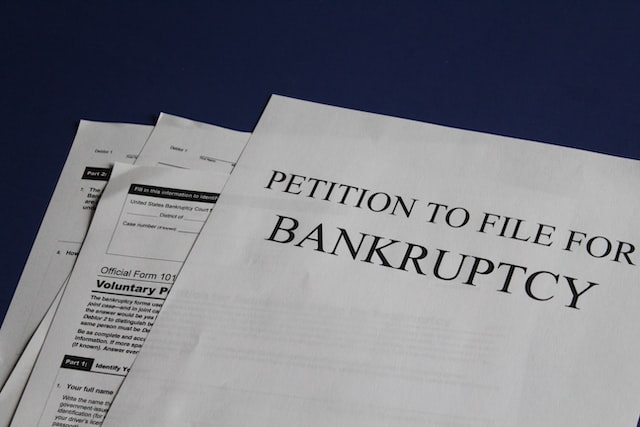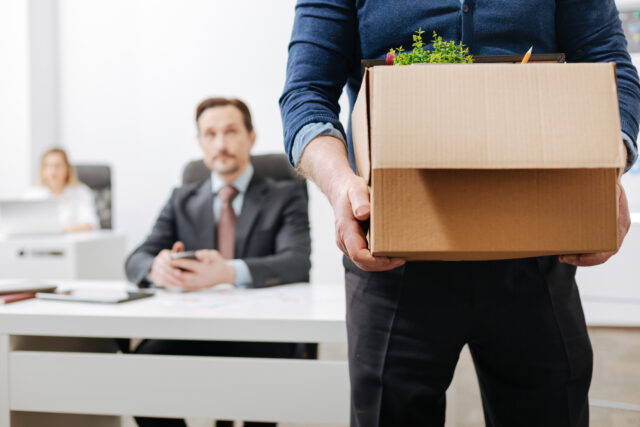Filing for bankruptcy is a big decision, and it often comes with a lot of fear and uncertainty. One of the most common questions people ask when considering bankruptcy is whether they will lose their home. If you’re facing a significant amount of debt and thinking about filing, the good news is that filing for bankruptcy does not always mean giving up your house.
What Happens to My House When I File for Bankruptcy?
Whether you can keep your home depends on several factors, including the type of bankruptcy you file and the amount of equity you have in your property. Most individuals file under either Chapter 7 or Chapter 13. These are two very different paths with distinct rules when it comes to protecting your assets, especially your primary residence.
Chapter 7 bankruptcy, often called liquidation bankruptcy, involves selling non-exempt assets to repay creditors. However, not all property is up for grabs. South Dakota offers a generous homestead exemption, which can protect a significant amount of equity in your home. If your equity falls within that limit, there is a strong chance you will be able to keep your house.
In a Chapter 13 bankruptcy, you are not required to sell assets. Instead, you enter into a repayment plan that lasts three to five years. If you’re behind on mortgage payments, this type of bankruptcy allows you to catch up over time while staying in your home. For many homeowners, this is a practical and powerful way to avoid foreclosure while addressing overwhelming debt.
Will I Still Need to Make Mortgage Payments?
Yes. Bankruptcy does not eliminate secured debts like a mortgage unless you give up the property. If you want to keep your home, you’ll need to continue making regular mortgage payments. In some cases, filing for bankruptcy may even make it easier to afford your payments by wiping out or reorganizing other debts such as credit cards, medical bills, and personal loans.
If you’ve already missed several payments and are facing foreclosure, bankruptcy can temporarily stop that process through something called the automatic stay. This legal action halts most collection efforts immediately after you file. While it’s not a permanent fix, it gives you breathing room to evaluate your options.
How Do I Know If My Home Is Protected?
It’s important to consult a qualified bankruptcy attorney who understands South Dakota’s exemption laws and how they apply to your specific situation. Each case is unique. Factors like the current market value of your home, the amount you owe on your mortgage, and whether you’ve used your property as collateral for other loans all play a role in determining whether your home is at risk.
Bankruptcy is not about punishment. It’s a legal tool meant to help people get back on their feet. Many South Dakota residents are surprised to learn that filing can be the very thing that helps them keep their homes, not lose them.
If you’re overwhelmed by debt but fear what bankruptcy might mean for your future, especially your home, don’t wait to get answers. Contact the knowledgeable and skilled South Dakota bankruptcy lawyers from our legal team today.



